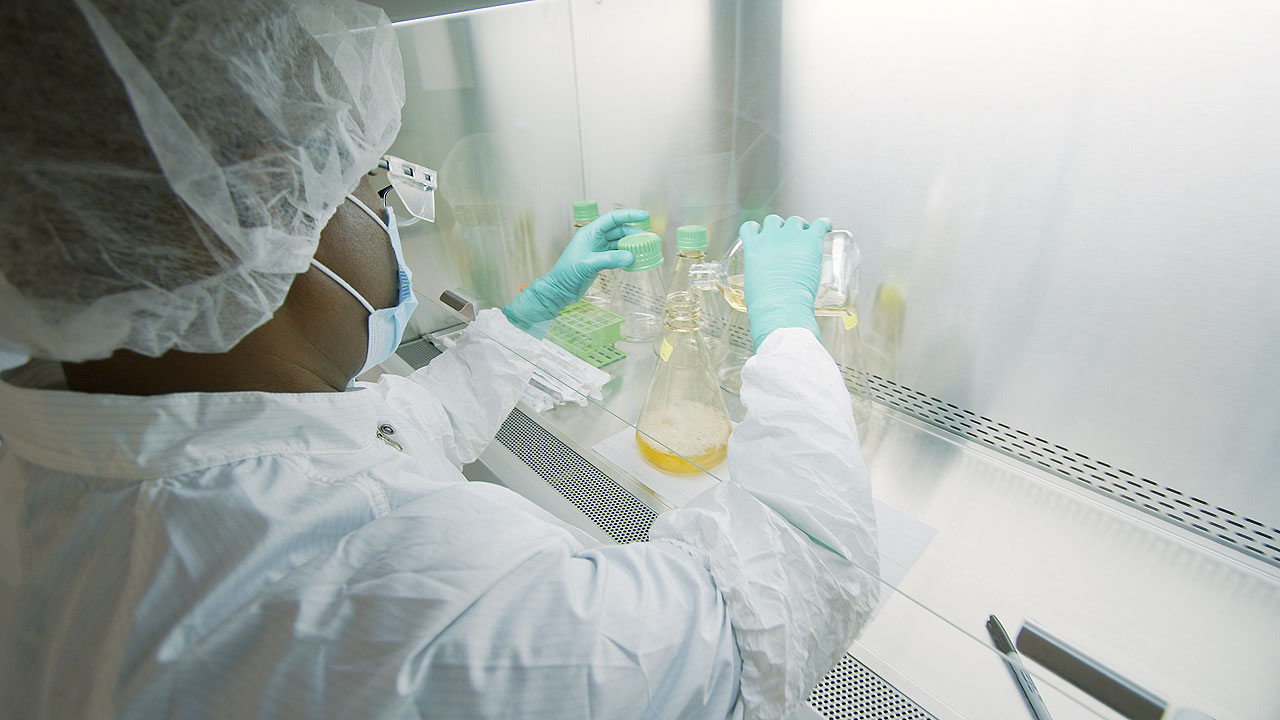
Medicine Cabinet
By Teodoro B. Padilla

In response to the global coronavirus disease 2019 (COVID-19) pandemic, the biopharmaceutical reviewed their drug portfolios for the development of potentially new or repurposed medicines.
Early this year, the US Food and Drug Administration (FDA) granted Emergency Use Authorization (EUA) for the investigational antibody cocktail of bamlanivimab (LY-CoV555) and etesevimab (LY-CoV016) while another antibody cocktail casirivimab/imdevimab was earlier granted EUA by the same agency.
The review of the industry’s drug portfolios came immediately after the declaration of a global pandemic with the drug remdesivir becoming the first approved COVID-19 treatment by the US FDA. Regulatory authorities also authorized the use of dexamethasone for treating adult cases requiring respiratory support.
This innovation was also applied in the development of vaccines for COVID-19. In less than a year since the pandemic declaration, a number of vaccine candidates have concluded or are in advanced Phase III clinical trials. There are at least 108 candidate vaccines in clinical evaluation while 184 candidate vaccines are in preclinical evaluation, said the World Health Organization (WHO).
Beyond COVID-19, the research-based biopharmaceutical industry plays a vital role in developing new medicines and vaccines to prevent and treat diseases that continue to affect people of all ages. Its key contribution to global health is turning fundamental research into innovative treatments.
Industry’s success rests on continuous innovation — for the prevention and treatment of common, complex, and neglected diseases, and for improvements in existing treatments and vaccines, said the International Federation of Pharmaceutical Manufacturers & Associations (IFPMA).
Despite often challenging conditions and one of the highest and stringent regulatory requirements of all sectors, the biopharmaceutical industry undertakes investments that are among the riskiest of high-technology sectors.
The first step that a biopharmaceutical company takes in R&D is to invest in the screening for chemical and biological compounds that exhibit the potential for treating new or existing conditions, or, in the case of vaccines, antigens that will stimulate the immune system to produce antibodies.
On average, researchers identify one promising compound among 5,000 to 10,000 screened. Researchers then extensively test the compound to ensure its efficacy and safety, a process that can take 10 to 15 years for both a medicine and a vaccine.
In a report, the IFPMA said that 62 new medicines were launched, while currently more than 8,000 compounds are at different stages of development globally. The difference in these numbers highlights the many research hurdles that need to be overcome before compounds can be developed into safe and effective medicines.
The industry has been involved in the development of nearly all the medicines and vaccines currently available. Take for example advancements that have been made in the fight against cancer, one of the greatest global health challenges of our times.
Thanks to DNA and genome mapping, the understanding of the disease and how to defeat it is constantly progressing. There are more than 200 different types of cancer, and each is diagnosed and treated in a particular way.
Investments in R&D are providing tools and techniques to exponentially decrease costs of genetic sequencing that will allow clinicians to treat each cancer patient with a personalized combination of drugs. The field of immunotherapy holds much promise, as evidence has shown that increasing the strength of the patient’s immune system to attack tumor cells can lead to a cancer-free diagnosis.
Another immunotherapy approach called adoptive cell transfer (ACT) collects and uses a patients’ own immune cells to treat their cancer. One of the most advanced forms of ACT is CAR-T cell therapy. CAR-T cell therapy employs the use of T-cells, which play a critical role in orchestrating the immune response and killing cells infected by pathogens.
Meanwhile, cardiovascular diseases (CVDs) remain the leading cause of death worldwide. The biopharmaceutical industry is also exploring precision medicine which uses techniques that develop effective treatments and prevention strategies based on patients’ genes, biomarkers, lifestyles, and environmental factors. Innovative regimens based on progenitor cells — powerful cells with the ability to form new blood vessels — are also emerging as promising approaches for the treatment of CVDs.
While the current focus is on containing the pandemic, scientists working in the biopharmaceutical industry continue with their work to find medicines and vaccines needed to fight diseases that threaten the lives and health of the people, young and old alike beyond COVID-19.
Teodoro B. Padilla is the executive director of the Pharmaceutical and Healthcare Association of the Philippines (PHAP). PHAP represents the biopharmaceutical medicines and vaccines industry in the country. Its members are at the forefront of research and development efforts for COVID-19 and other diseases that affect Filipinos.